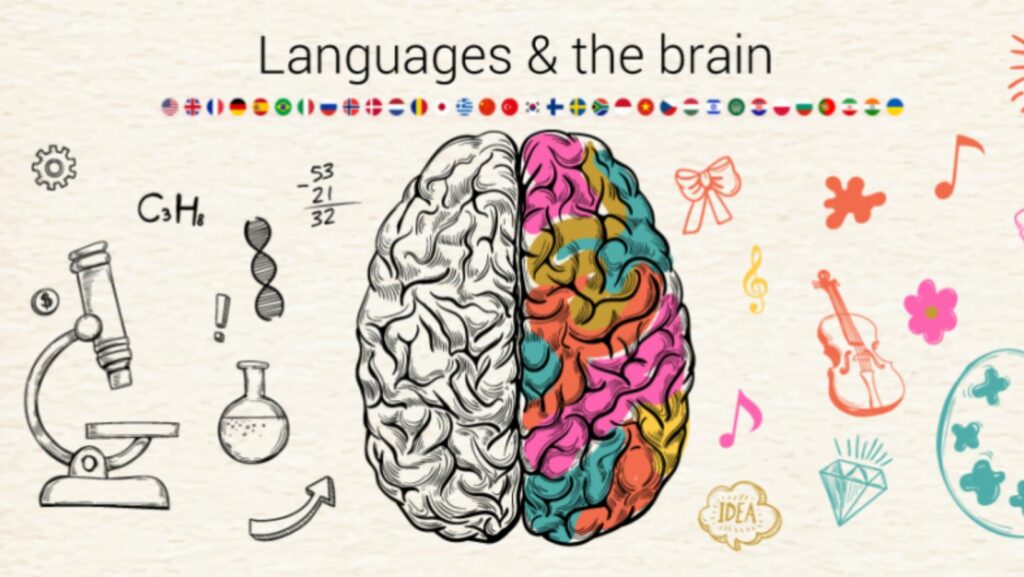
Philosophy of Language vs Linguistics
Exploring the intricate relationship between the philosophy of language vs linguistics unveils a captivating journey into the essence of communication.
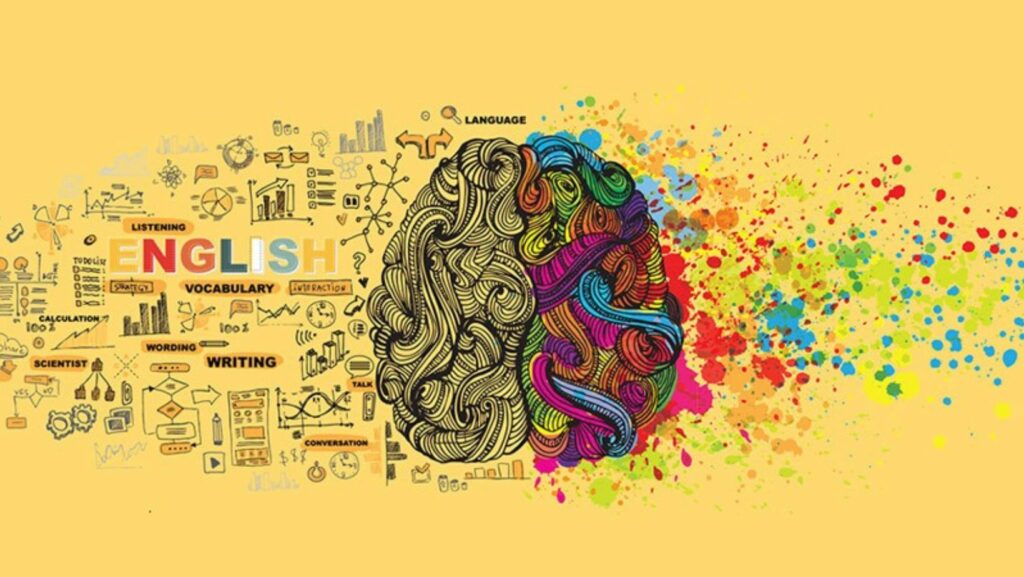
While linguistics delves into the scientific study of language structures and patterns, the philosophy of language delves deeper into the fundamental questions surrounding language’s nature and its role in shaping human thought and perception. These two disciplines, though interconnected, offer distinct perspectives that enrich our understanding of language’s profound impact on society and cognition.
In the realm of academia, the discourse between philosophy of language vslinguistics sparks intellectual debates that transcend traditional boundaries, fostering a holistic approach to unraveling the complexities of human communication. By juxtaposing the empirical analysis of linguistic data with the philosophical inquiry into language’s philosophical underpinnings, scholars navigate a diverse landscape where theory and practice converge to illuminate the intricacies of language and its significance in our lives.
Exploring the Differences: Philosophy of Language vs Linguistics
In discussing the relationship between the philosophy of language and linguistics, it is essential to understand their distinct definitions and scopes.
Defining Philosophy of Language
Philosophy of language deals with the nature of language, focusing on fundamental questions about meaning, reference, and truth. It explores how language shapes our understanding of the world and influences our thought processes.
Defining Linguistics
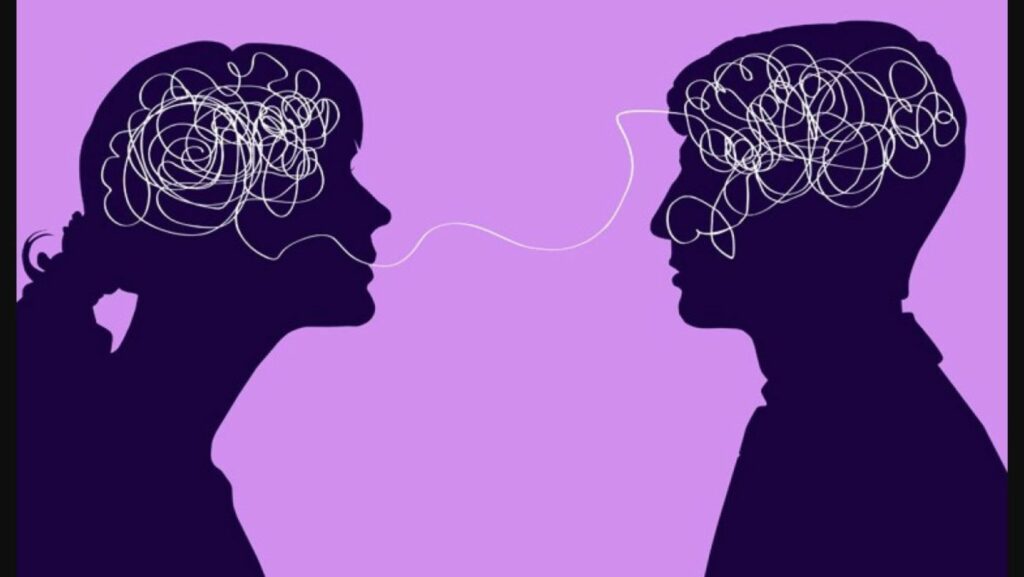
Linguistics, on the other hand, is the scientific study of language structure, encompassing aspects such as phonetics, syntax, semantics, and pragmatics. It aims to describe how languages work, evolve, and are used for communication purposes.
Key Concepts in Philosophy of Language
The philosophy of language explores fundamental questions concerning meaning, reference, and truth, investigating how language influences our perception of the world and impacts cognitive processes. This field delves into the intricate relationship between language and thought, shedding light on the profound implications of linguistic structures on human understanding and communication.
Meaning and Reference
In philosophy of language, the concept of meaning refers to the significance or interpretation assigned to linguistic expressions. It delves into how words, sentences, and symbols convey information and represent ideas within the context of communication. Reference, on the other hand, deals with the relationship between language and the external world, examining how words and phrases connect to objects, concepts, or entities in reality. Understanding the nuanced interplay between meaning and reference is essential for comprehending how language shapes our perceptions and influences our interactions with the surrounding environment.
Key Concepts in Linguistics
Phonetics and Phonology
Phonetics focuses on the physical sounds of speech, examining how sounds are produced, transmitted, and perceived. It analyzes the articulation and acoustic properties of sounds, such as vowels and consonants. Phonology, on the other hand, delves into the abstract, cognitive aspects of sounds, exploring how they are organized and used in different languages’ systems.
Syntax and Semantics
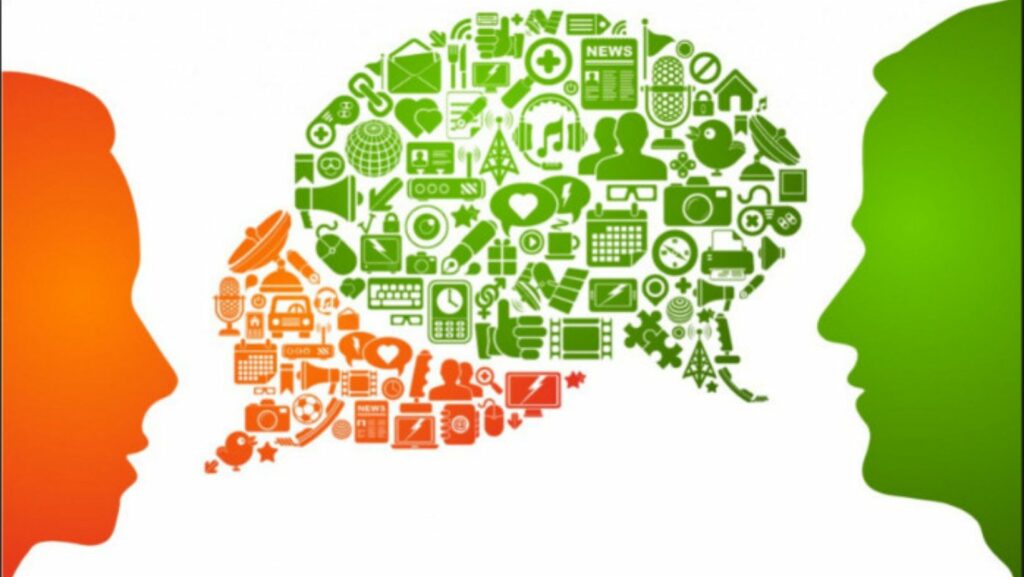
Syntax concerns the structure of sentences and phrases, investigating how words are combined to form grammatically correct utterances. It delves into the rules governing word order, sentence structure, and grammar. Semantics, on the other hand, deals with meaning in language, exploring how words, sentences, and texts convey information and how meaning is interpreted and understood by speakers.
Interaction Between Philosophy of Language and Linguistics
The philosophy of language and linguistics complement each other in exploring the essence and structure of language. Philosophical inquiries into language serve as a foundation for linguistic studies, providing frameworks to analyze the nature of language, its functions, and its impact on human cognition. Conversely, linguistics offers empirical data and analytical tools that enrich philosophical investigations into the meaning, communication, and interpretation of language. This mutual influence fosters a deeper understanding of language as a dynamic system of communication and expression.
- Pragmatics and Speech Act Theory: Scholars combine linguistic analysis with philosophical concepts to study how language is used in social contexts. By merging pragmatics’ examination of language in use with speech act theory’s focus on utterances’ performative aspects, researchers unveil how language shapes social interactions and conveys meaning beyond literal interpretation.
- Semantics and Philosophy of Mind: Interdisciplinary research in semantics and philosophy of mind explores how language structures reflect thought processes. By investigating how linguistic expressions convey meaning and represent mental states, scholars analyze the interplay between language, cognition, and reality, shedding light on how language influences our understanding of the world and shapes our conceptual framework.
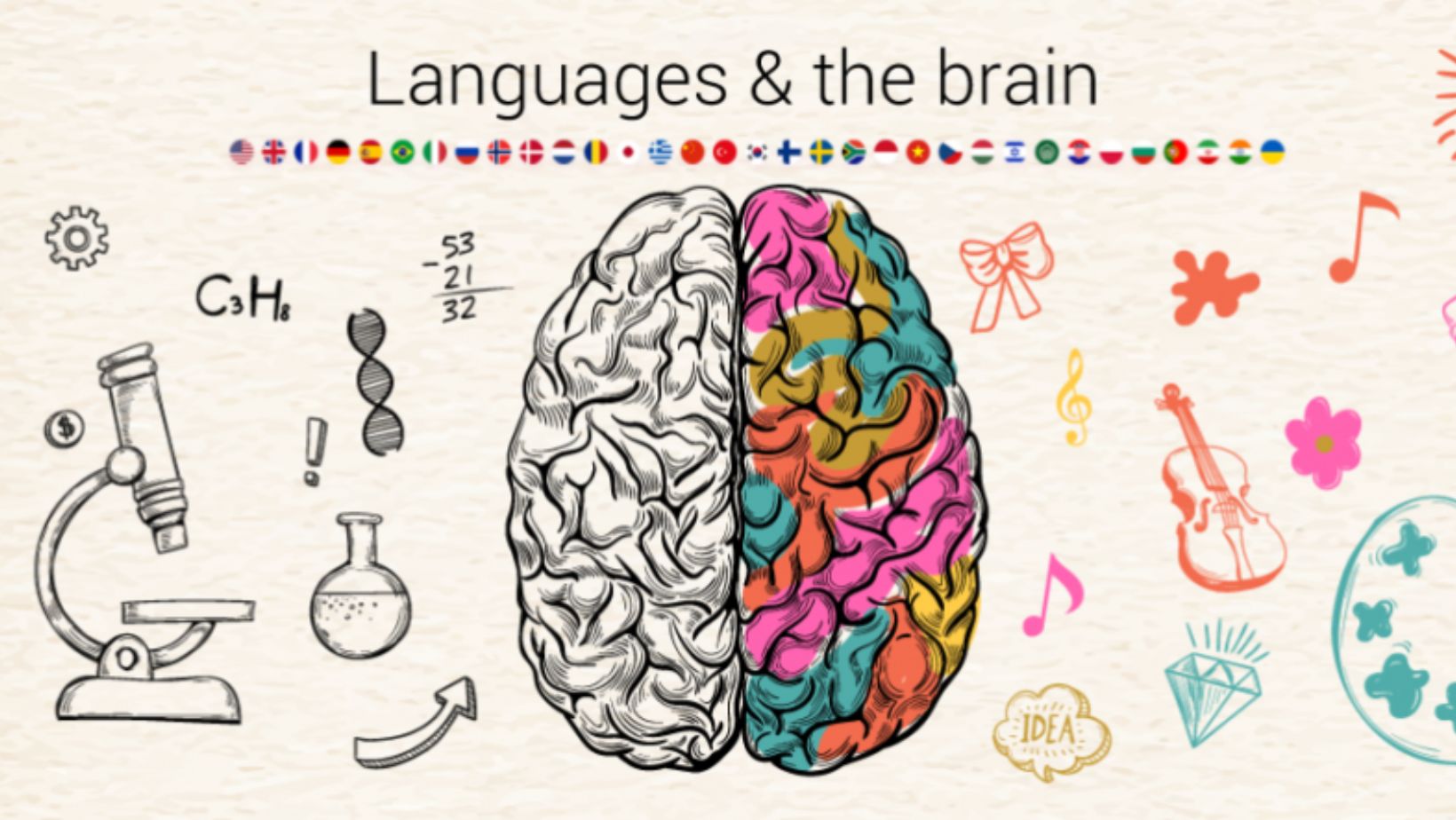
Leave a Reply